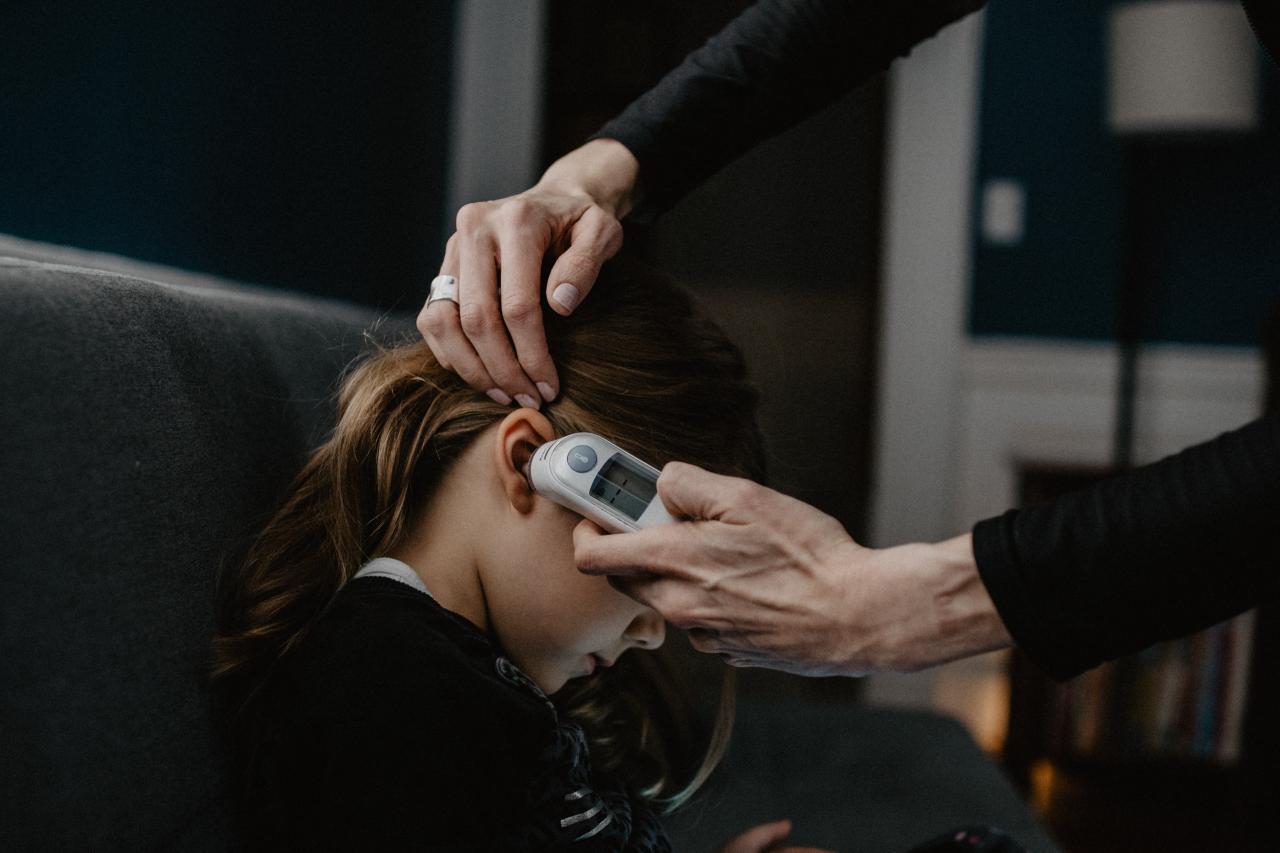In the UK, around 2% of the population is affected by hypothyroidism, according to the National Institute for Health and Care Excellence (NICE). Women are five to ten times more at riskof contracting hypothyroidism than men. This condition means that your thyroid, which is located at the base of your throat, does not produce enough hormones.
Discover our latest podcast
The causes of hypothyroidism can vary widely - from autoimmune diseases to a diet low in iodine. An early diagnosis is often the key to a healthy and comfortable life in the future, so here are some signs you should look out for because they could mean you suffer from hypothyroidism. You should consider seeing a GP if you recognize these symptoms.
The symptoms of hypothyroidism
The thyroid gland plays an important role in the human body by producing hormones that regulate numerous processes. Hypothyroidism, also known as underactive thyroid, occurs when the organ does not produce enough hormones. This messes with your body's hormonal balance.
This can lead to various symptoms such as fatigue, listlessness, an altered skin condition, or constipation. In most cases, hypothyroidism is caused by an inflammatory disease of the thyroid gland, which can, however, be treated by taking thyroid hormones on a daily basis. Most patients find that they feel much better thanks to their hormonal treatment.
What are the signs and symptoms of thyroid problems in women? The most common thyroid problems come with hypothyroidism. Common symptoms are fatigue, cold intolerance, weight gain, constipation, hair loss, "brain fog," skin dryness, nail changes, and menstrual cycle changes. pic.twitter.com/920sOddRek
— Unique Wellness Center- Dr. Nisseth Urribarri, MD (@UniqueWellCen) May 22, 2023
Read more:Thyroid disease: This clue on your face could be an early sign of the disease
Underestimated warning signals
According to the NHS, the symptoms of hypothyroidism are very similar to those of other diseases, which is why they often go unnoticed, or mistaken for signs of some other condition. Many symptoms have got nothing to do with your thyroid at first glance, but they absolutely do once you realize everything your thyroid regulates in your body. Although depressive episodes, days of exhaustion and slight weight fluctuations can be considered normal in women, they can also be signs of hypothyroidism.
It is important to pay attention to the following signs and, if necessary, to seek medical advice in order to recognize and treat a possible disease at an early stage. The NHS lists some symptoms, some of which are known to be clinically related to the thyroid, and others are most insidious.
- Extreme fatigue and excessively rapid exhaustion
- Depressive mood
- Sensitivity to cold
- Concentration problems
- Headaches
- Loss of appetite
- Constipation
- Increased susceptibility to infections
- Dry and scaly skin
- Swollen face, tongue and eye area
- Hair loss
- Weight gain
These are only some of the possible signs, but if you have got any doubt regarding your thyroid, you should try to see your doctor soon. Better safe than sorry!
Signs of hypothyroidism?
— Dobrynja | Testosterone & Men's Health (@PrimalBrah) May 27, 2023
1. Cold hands and feet
2. Fatigue / Low energy
3. Feeling stressed out
4. Poor stress tolerance* (mostly a sign of low T)
5. Sleep problems & Insomnia
6. Poor digestive function
7. Slow transit time* (thyroid affects speed of gut motility)
8. Bacterial…
Read more:Five signs to help you detect gluten intolerance
This article has been adapted from Gentside DE.
Sources used:
NICE: Thyroid disease: assessment and management
NHS: Underactive thyroid (hypothyroidism)














